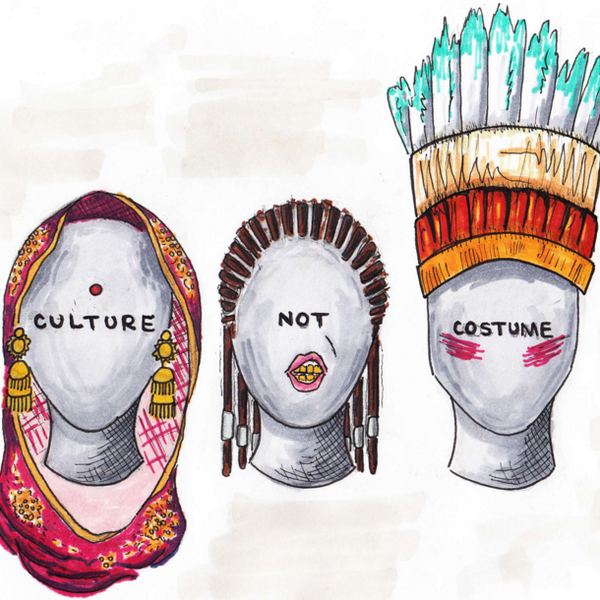"The First Monday in May" is a documentary about the Metropolitan Museum of Art Gala, or #MetGala, as millions of Followers saw across their news and social media as the biggest celebrities congregated at the annual ball. The documentary showcases the planning efforts of the event in 2015 by Andrew Bolton and Anna Wintour to the theme China: Through the Looking Glass. While the planning committees featured other notables such as André Leon Talley, the artistic director, Wong Kar-wai, apparently served as the only Chinese representative, and the staff's failure in consultation showed.
The Museum's curator in charge of the Department of Asian Art, Mike Hearn, beseeched the co-hosts to not relegate the Chinese art to background pieces or props. The artistic director protested the co-hosts' decision to juxtapose Buddhist and Mao pieces together. Wintour and Bolton completed an interview with journalists—who are only identified as "Chinese Press" in the caption—about the event, during which one of the reporters asserted, "The more contemporary version of China is not included in this kind of imagery, repertoire."
Representation isn't just about what is being shown and how its portrayed, but also what's not included. Watching the documentary, the disappointing amount of Chinese or even Asian representation is apparent at all levels: the planning, the staff, the guests, the media professionals. This, one of the most publicized events of the year, is an example of how cultural appropriation takes wealth directly out of the hands of its people. The lack of Asian voices in the film as well as the gala is even more distasteful juxtaposed against the protracted interviews with John "I love Hitler" Galliano.
Wintour dismissed the reporter on the basis that fantasy is a crucial element to fashion. Another comment she made later in the film perhaps better explains her position: when she was approving the decorations at the Met, she questioned the quality of a fabric for looking cheap then joked, "Made in China?" Bolton argued that modern China isn't the focus of the exhibition, then in the same breath says that "all fashion tells stories...what you see in the collection are designers celebrating actually Chinese culture." The inclusion of this interview really highlights the apathy—on the part of the hosts, as well as the documentary production—towards accurate representation.
Either reflecting their ignorance or arrogance, also included was their conversation after the reporter had left, where Bolton complained that "she was really politicizing it." Wintour responded,
"She just wants everything to start in 1949."
These classless comments are concerning because, as the Editor-in-Chief of VOGUE, Wintour is a professional tastemaker. Her comments, even her jokes, reflect her values and largely, those of many Americans with blasé attitudes towards claims of Asian discrimination. If she can't even handle being asked to consider the implications of using an entire culture as a theme for a party, it doesn’t suggest positively about her concern for where the inspiration for, and even clothing itself, comes from.
Obviously, exposure to other cultures is indispensable to continue the development of ways of thinking. The exhibition of the Chinese art and China-inspired/appropriated fashion went on to be the most attended Costume Institute exhibitions at the Met. But just because you encounter something, doesn't mean you have a claim over it. We learn the most through collaboration, not colonization.





















